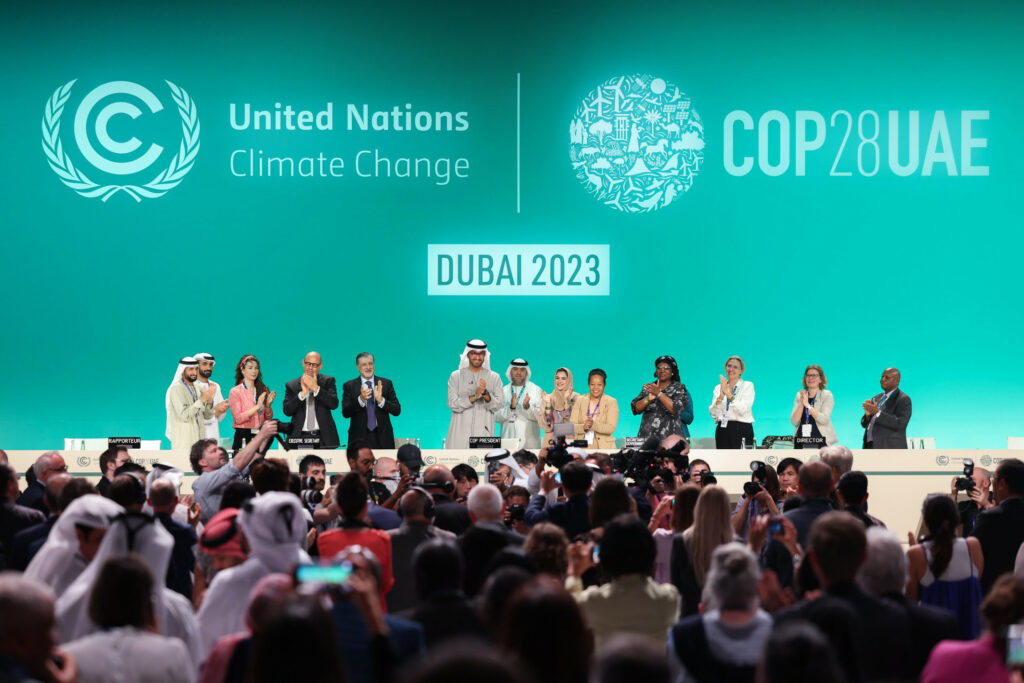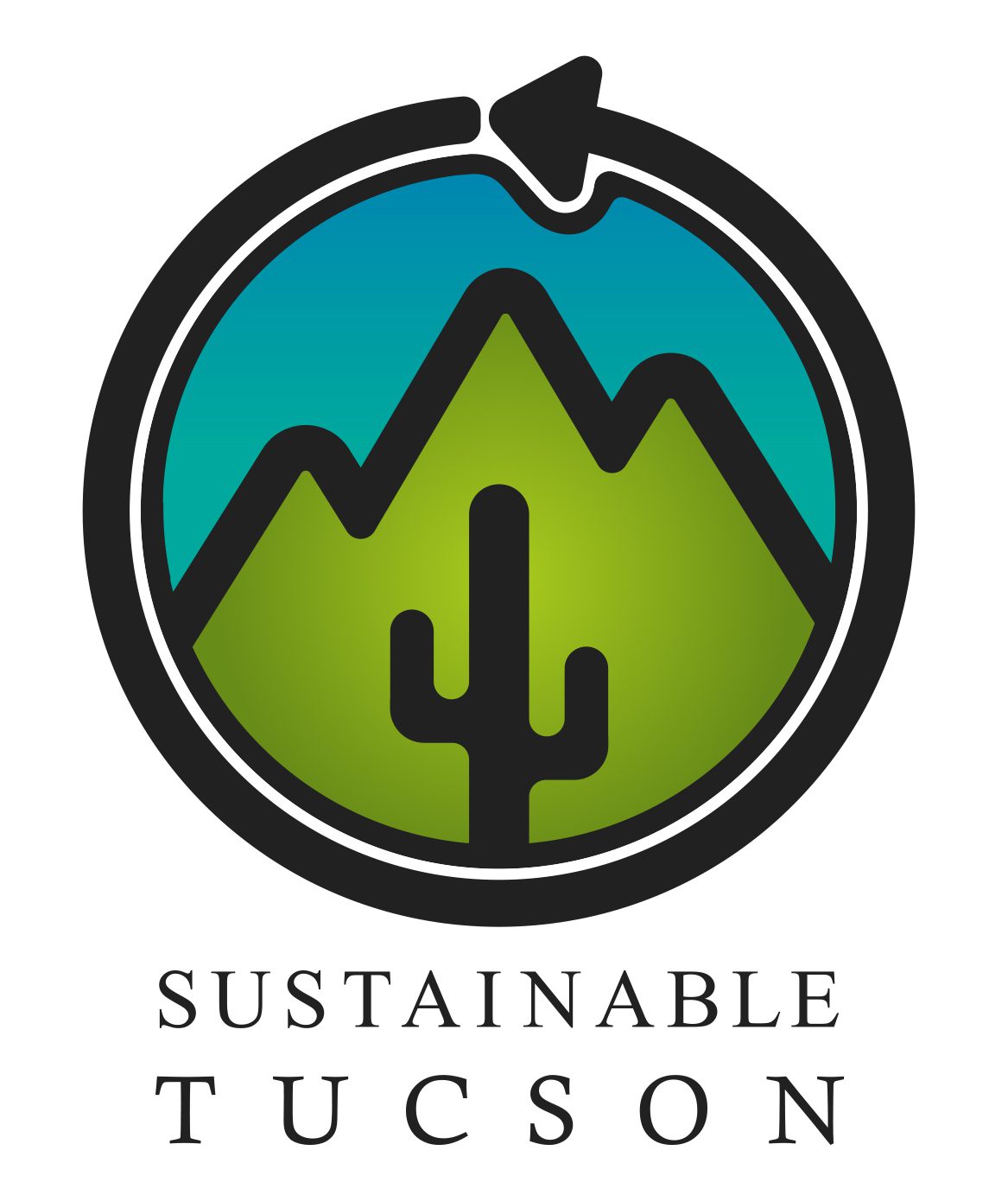Tuesday, January 9, 6:00-7:30 pm

The world’s biggest climate meeting, the 28th Conference of the Parties (COP28), [recently] concluded in Dubai. Negotiators from around the world worked overtime to deliver a new plan for addressing the mounting crisis posed by human-caused climate change. … Despite important progress, COP28 fell short of delivering the decisive action on climate change that science says is needed.” – Forbes magazine, 12/13/23
Join us Tuesday, January 9, at 6 pm for a conversation with University of Arizona delegates to COP28, moderated by Duane Ediger, Sustainable Tucson Board member. The panel will include Joona Mikkola, graduate student in Arid Lands Resource Sciences; Dr. Mona Arora, Assistant Research Professor in the Community, Environment & Policy Department of the Mel and Enid Zuckerman College of Public Health; and Yevheniia Varyvoda, Ph.D., Research Professional in the Mel and Enid Zuckerman College of Public Health. Hear their first-hand observations of the COP experience and, drawing on that experience, their thoughts on what we can do in southern Arizona to improve our climate future. There will be ample time for questions following their presentations.
Dr. Mona Arora’s research focuses on building the public health system’s capacity and capability to address global “wicked problems,” including pandemics, disasters, and climate change. She has a special interest in the health impacts of climate change, with a special focus on the usability of science for decision-making and models for translating science to action.
Joona Mikkola is passionate about ecological economics and finding solutions for real-world development and environmental governance problems with transdisciplinary research. His research interests include common-pool resource problems in semi-arid and arid lands, rangeland management and land-based greenhouse gas fluxes, and climate finance and community-based payments for ecosystem services (CB-PES) in Sahel and East Africa.
Dr. Yevheniia Varyvoda is an interdisciplinary environmental scientist at the University of Arizona. Her research focus is on leveraging nature-based solutions to enhance the resilience of communities, services, and systems upon which they depend. Her specific expertise includes ecosystem services in food systems, a methodological framework for impact assessment in case of emergency situations, and interventions for existing and emerging food safety issues in low- and middle-income countries.

